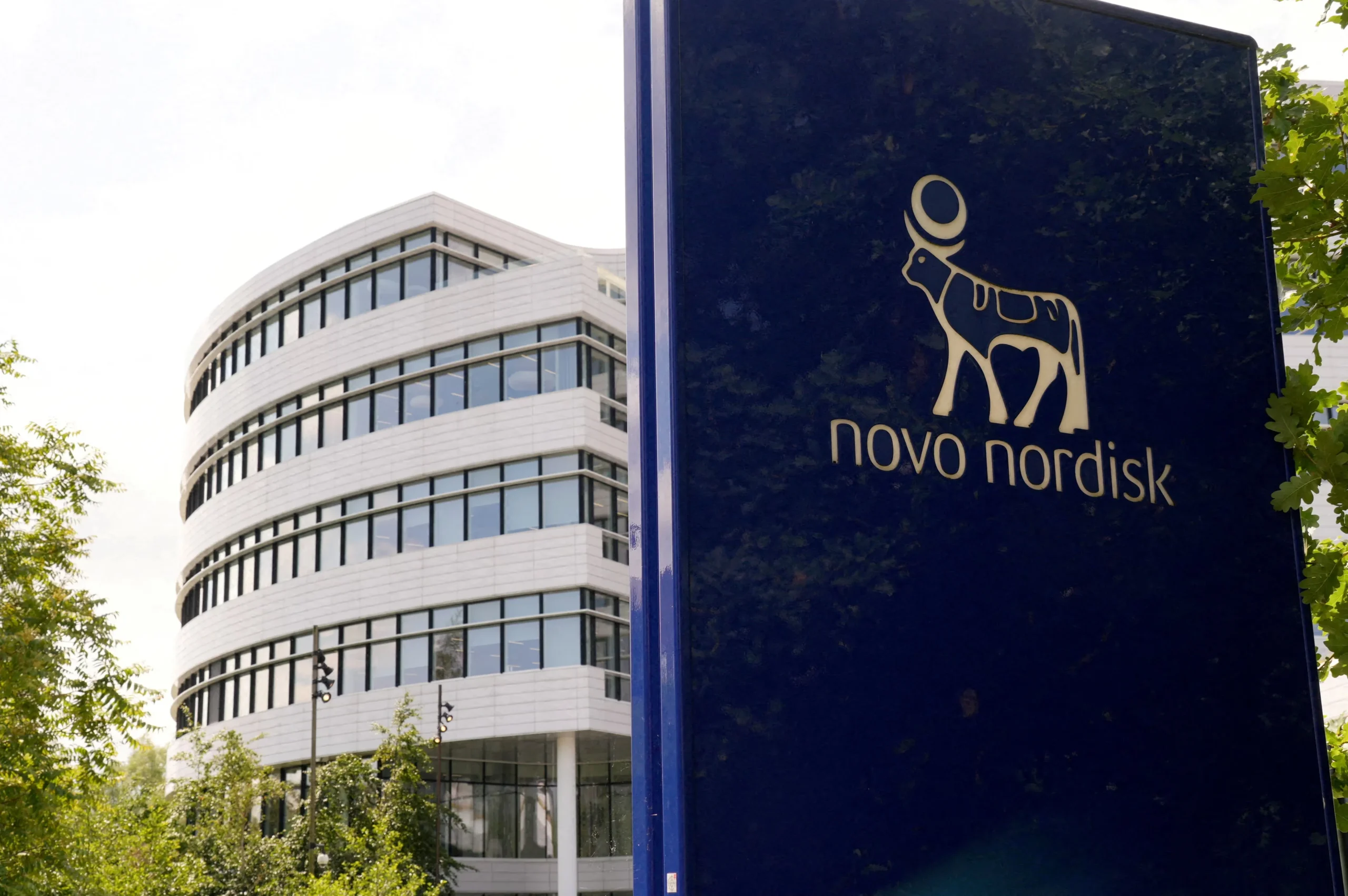
Novo Nordisk Acquires Global Rights to Omeros’ MASP-3 Inhibitor Zaltenibart in $2.1 Billion Agreement
Novo Nordisk and Omeros Corporation (Nasdaq: OMER) have entered into a definitive asset purchase and license agreement for zaltenibart (formerly OMS906), a clinical-stage antibody targeting MASP-3 for the treatment of rare blood and kidney disorders. The transaction marks a significant expansion of Novo Nordisk’s rare disease portfolio, underscoring the company’s commitment to addressing unmet medical needs through innovative therapies that target complex immune system pathways.
Under the terms of the agreement, Novo Nordisk will gain exclusive worldwide rights to develop and commercialize zaltenibart across all therapeutic indications. Omeros will receive $340 million in upfront and near-term milestone payments, with the potential to earn up to $2.1 billion in total payments, including development and commercial milestones. Additionally, Omeros will be eligible for tiered royalties on future net sales of zaltenibart, reflecting the long-term commercial potential of the therapy.
Targeting the Complement System Through MASP-3 Inhibition
Zaltenibart is an investigational monoclonal antibody designed to inhibit mannan-binding lectin-associated serine protease-3 (MASP-3)—a protein that serves as a key activator of the alternative pathway of the complement system. The complement system is an essential part of innate immunity, helping the body clear pathogens and damaged cells. However, dysregulation of this pathway has been linked to a variety of rare and serious diseases, including paroxysmal nocturnal hemoglobinuria (PNH) and certain kidney disorders.
By blocking MASP-3, zaltenibart aims to selectively inhibit the alternative complement pathway without disrupting other pathways necessary for normal immune defense. This targeted mechanism of action offers the potential for improved safety and efficacy compared to existing therapies that more broadly suppress the complement cascade.
“Zaltenibart has a novel mode of action that could offer several advantages over other treatments for complement-mediated diseases,” said Martin Holst Lange, Chief Scientific Officer and Executive Vice President of Research & Development at Novo Nordisk. “Novo Nordisk is in a strong position to build on Omeros’ pioneering work and advance zaltenibart as a differentiated, potentially best-in-class therapy for rare blood and kidney disorders.”
Promising Clinical Data in Paroxysmal Nocturnal Hemoglobinuria
Omeros has already reported positive Phase 2 clinical results for zaltenibart in patients with paroxysmal nocturnal hemoglobinuria (PNH), a rare and life-threatening blood disorder characterized by the immune system’s destruction of red blood cells. PNH leads to severe anemia, fatigue, and life-threatening complications such as blood clots and kidney damage.
In these studies, zaltenibart demonstrated robust efficacy and favorable safety outcomes, showing multiple potential advantages over other inhibitors of the alternative complement pathway, both those in development and those already approved. The therapy was well tolerated and exhibited an acceptable safety profile across all clinical trials to date. These results position zaltenibart as a promising next-generation therapeutic option for patients who require long-term complement inhibition.
A Strategic Partnership to Advance Rare Disease Innovation
For Omeros, this agreement with Novo Nordisk represents both a validation of its complement research platform and an opportunity to advance the program on a global scale through a partner with extensive clinical and commercial capabilities.
“We are pleased to enter into this agreement with Novo Nordisk, a global leader in therapeutic innovation and development,” said Gregory A. Demopulos, M.D., Chairman and Chief Executive Officer of Omeros. “We look forward to Novo Nordisk leveraging its expertise and worldwide reach to fully unlock the potential of zaltenibart across a range of complement-mediated disorders. With Novo Nordisk driving zaltenibart’s success, Omeros will remain focused on securing regulatory approval and commercialization of our late-stage asset, narsoplimab, and on advancing our broader development pipeline.”
Under the agreement, Omeros will retain certain rights to its preclinical MASP-3 programs that are unrelated to zaltenibart. This includes the ability to develop and commercialize small-molecule MASP-3 inhibitors, albeit with limited indication restrictions, preserving future opportunities for Omeros in the complement therapeutics space.
Novo Nordisk’s Expansion in Rare Blood and Kidney Disorders
Following the closing of the transaction, Novo Nordisk plans to initiate a global Phase 3 program for zaltenibart in PNH and to explore its potential in additional rare blood and kidney diseases where alternative complement pathway dysregulation plays a central role. This move strengthens Novo Nordisk’s strategic focus on rare diseases, complementing its established expertise in metabolic and hematologic disorders.
“With zaltenibart, we have a compelling opportunity to improve the lives of patients with rare blood and kidney disorders and reinforce Novo Nordisk’s leadership in this space,” said Ludovic Helfgott, Executive Vice President of Product and Portfolio Strategy at Novo Nordisk. “This agreement builds on Novo Nordisk’s heritage in rare disease innovation and enhances our growing portfolio with a differentiated, potentially transformative therapy that can drive additional growth.”
Transaction Timeline and Outlook
The transaction remains subject to customary closing conditions, including regulatory approvals, and is expected to close in the fourth quarter of 2025. Once finalized, Novo Nordisk will assume full responsibility for the global development, manufacturing, and commercialization of zaltenibart.
The deal reflects a growing trend of major pharmaceutical companies partnering with or acquiring specialized biotech innovators to strengthen their rare disease pipelines and accelerate development timelines for promising clinical-stage candidates. For Novo Nordisk, this collaboration with Omeros adds a strategically important, late-stage immunology asset that could deliver long-term therapeutic and commercial value.
As both companies advance their respective goals—Novo Nordisk expanding its rare disease portfolio and Omeros focusing on advancing its next wave of complement-based therapies—zaltenibart represents a promising new chapter in the treatment of complement-mediated disorders, potentially improving outcomes for patients who currently have limited therapeutic options.





